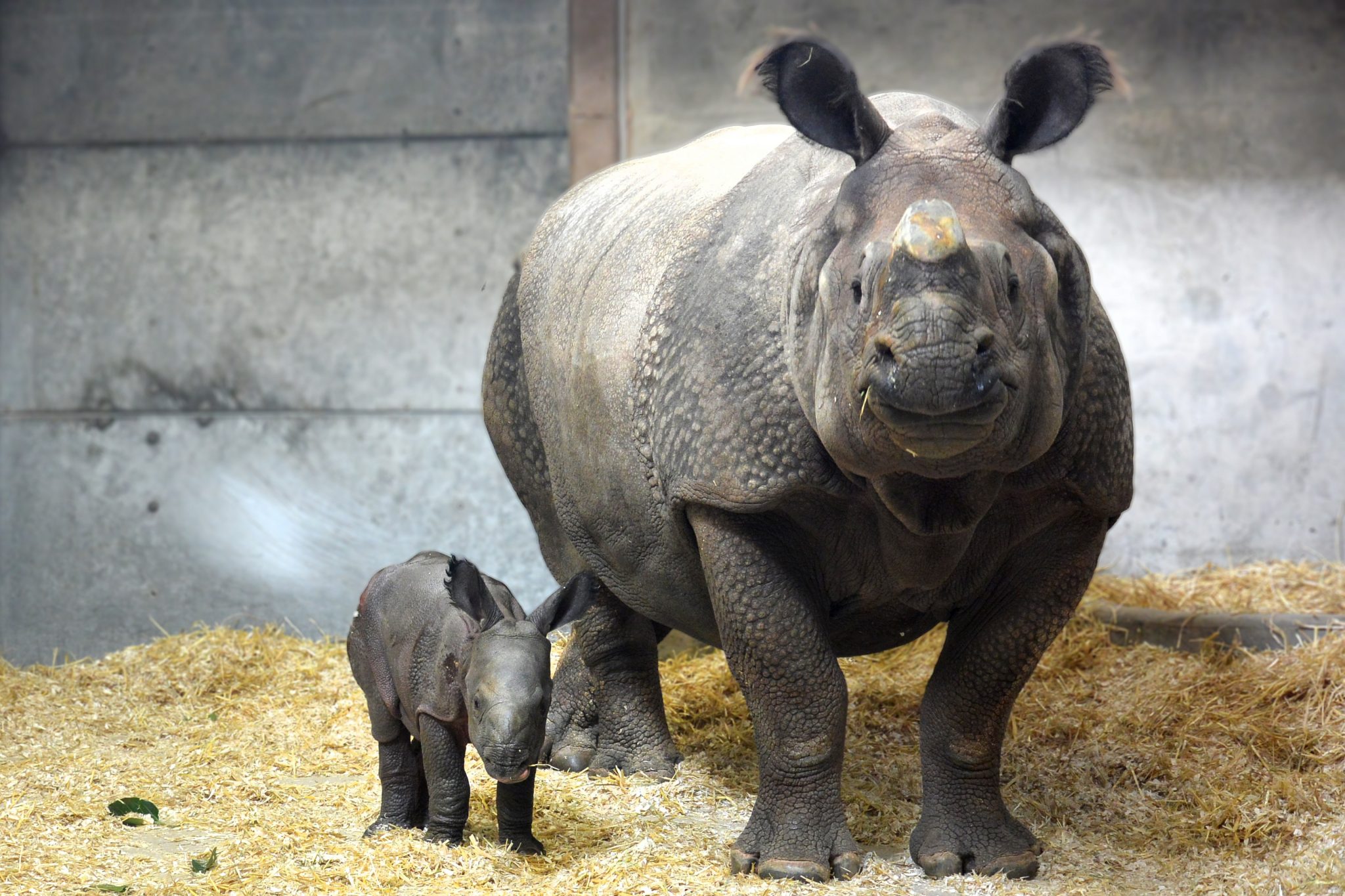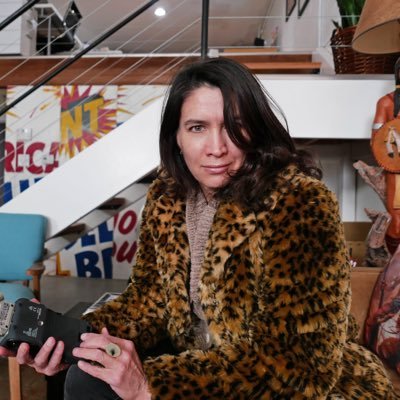
“It’s a girl!” exclaimed officials at the Denver Zoo.
They’re of course celebrating the zoo's newest addition — a baby Indian one-horned rhino calf born last Saturday to 13-year-old Tensing.
This was the first of the species born at the Denver Zoo, but not the firstborn in captivity. In May 2019, an Indian one-horned rhino was born at the Miami zoo to seven-year-old Akuti.
Fans are flooding the Denver Zoo’s twitter feed with heart and rhino emojis along with coos like, “Those ears!”
Officials at the zoo are calling the birth a great success for the vulnerable species and a significant step forward in breeding Indian one-horned rhinos in captivity, which has been happening for nearly seven decades.
“It is significant because it is one of the first one-horned rhinos born through artificial insemination,” said Lindsey Kirkman, the Denver Zoo’s assistant curator of pachyderms and she’s been there for more than a decade.
It took a lot to get Tensing pregnant. Twelve tries using artificial insemination over a four-year period, to be exact. Finally, in December of 2018, her pregnancy was confirmed after a long learning process.
The population of one-horned rhinos in India and Nepal, two places where the rhinos are originally from, has dwindled due to poaching and wildlife trafficking. At one point, there were only 200.
But thanks to strict protection efforts, their numbers have risen to 3,500. While both countries have done a great job of preserving habitat where these creatures can thrive, Kirkman said the dangers of poaching still exist.
The Denver Zoo doesn’t breed one-horned rhinos to release them into the wild. But they do play another role in saving the animals: showing the public the value of wildlife.
“We show people that wildlife have inherent value and that they shouldn’t buy products that involve poached animals,” Kirkman said.
It will be a while before you can "ooh" and "ahhh" and clutter your Instagram feed with pictures of the calf. Zoo officials expect the wait to be 6-8 weeks, depending on the weather and how comfortable the new mother is sharing the newborn with the public.
“We’ll go on Tensing’s time,” Kirkman said.
But, the most important thing: who gets to name her?
Jake Kubie, the zoo’s public information officer, said an official naming contest will be announced soon. Voters will donate to the zoo to cast a ballot.
However, Kirkman said the people who have been caring for the baby have already given her some nicknames.
“Tank puppy is one of the names,” Kirkman laughed.
Others who’ve seen the baby sleeping next to her mom have been calling her Baby Dragon, because of her large ears.
Personally, Kirkman likes the name Pemba. Pemba Dom Sherpa was one of the first women to climb Mount Everest in Nepal, in 2007.
“That to me represents a strong female power,” Kirkman said.
Ultimately, she doesn’t care what her name is. Kirkman is just glad she’s here and healthy, and cannot wait for the public to meet her.
“I don’t care if her name if her name is Snickers,” Kirkman said. “I’m just overjoyed that she’s here.”
Personally, my vote for the name is Kitten. But, hey who am I to say.









